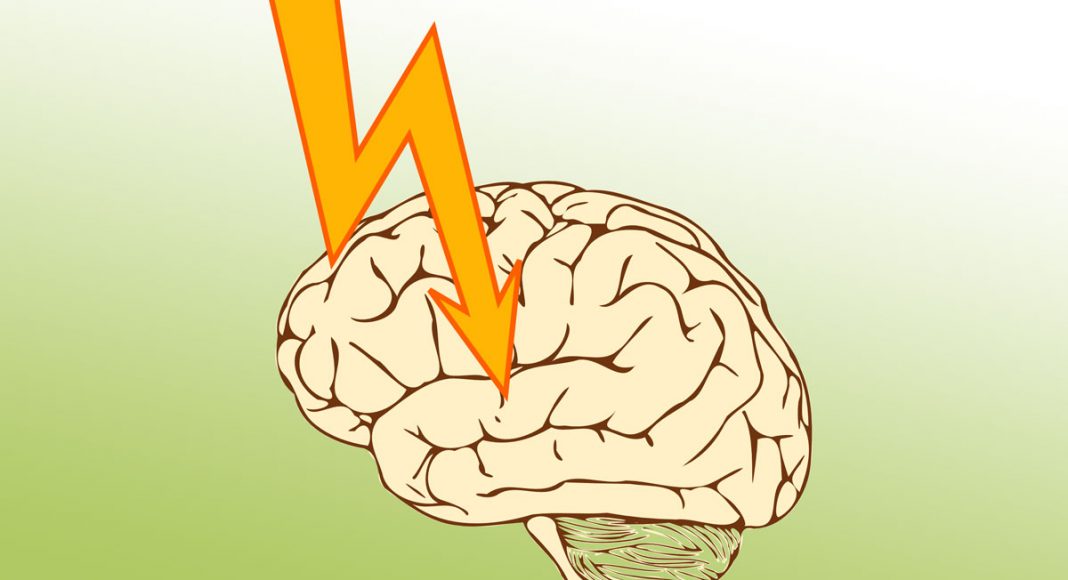The underpinnings that supported the logic for federal prohibition on cannabis seem to crumble a bit more each day. A study released in the publication JAMA Psychiatry chips away at a major chunk of that foundation. Studies show that the negative effects of cannabis on the brains of teenagers seem to only last three days. After 72 hours without consuming, no loss of cognitive function detected.
This was a meta-analysis study, so it’s a review of existing research over a 44 year period beginning in the 1970s and including over 8,500 subjects collectively. The subjects had a mean age of 20-years-old. Of those, about 2,000 were cannabis users.
In the study’s conclusion, researchers state:
Associations between cannabis use and cognitive functioning in cross-sectional studies of adolescents and young adults are small and may be of questionable clinical importance for most individuals.”
The researchers concluded that much of the past hysteria over reduction in IQ, poor aptitude performance and lessened academic success has been “overstated.
“Overstated” is a nice word to describe the work of former fellow researchers who have played into the hands of the Reefer Madness crowd. They are talking about not just one study, but an overview of 69 professional studies over the dozens of years. Overstated. That’s what happens when science funding is largely dictated by poor policy and hyperbole.
Over the years, millions of our taxpayer dollars have been spent to educate us about teen cannabis users having lower IQs, stunted brain development and long-term negatively affected memory and problem-solving abilities. Overstated. That is a generous word to use.
-
Related Story: No Brainer: How Cannabis Helps Treat Head Injuries
“That was the biggest surprise. There is biological plausibility that cannabis could cause changes in the brain that is still developing. But the abstinence data we have indicates that while those effects are detectable, they seem to go away after more than three days of abstinence,” J. Cobb Scott, assistant professor of psychiatry at the Perelman School of Medicine, told Time Magazine.
This lends more credence to the Canadian decision to allow consumption and purchase of legal cannabis at 18 years old. That decision had been criticized by some based on the very research that is now being called into question.
Does this mean that parents have less to stand on when it comes to guiding their children to making smart decisions when it comes to the herb? Absolutely not. But it does mean that these old truths do not hold up anymore in an argument.
Young people are enabled with the internet and access to information. They can fact check and do their own research on what is currently known. They are smart, and the cannabis users among them are no less so, as we have learned. So, instead, let’s have a conversation based on facts, not hype. Young people are likely to respect us for it and, as a result, more likely to hear what we have to think about keeping them safe.


